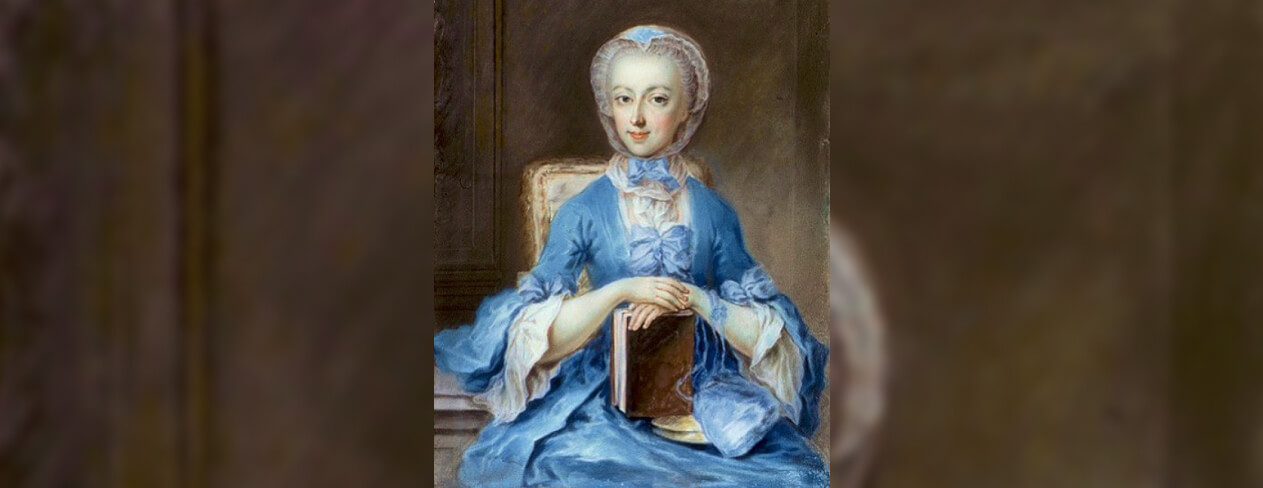
Archduchess Maria Anna of Habsburg-Lorraine was born on 6 October 1738. She was the eldest surviving daughter of Maria Theresa and Francis Stephan. Two of her brothers, Joseph and Leopold, ascended the throne as Emperors of the Holy Roman Empire. Probably the most renowned of her siblings was Maria Antonia — better known as Marie-Antoinette — who became Queen of France and tragically fell victim to the French Revolution.
At first glance, Maria Anna’s life appeared to be beset with numerous shortcomings and challenges. Her birth, instead of bringing forth a long-awaited son and heir, was met with general disappointment. Slightly deformed and plagued by illness from an early age, she was not regarded as particularly attractive and faced ceaseless sibling rivalry. Above all, she did not enjoy her mother’s affection, which the Empress made no effort to conceal. Maria Theresa excluded her from the imperial marriage plans and directed her towards a spiritual vocation. It seemed that the unfortunate Archduchess could not expect great prospects.
On the other hand, Maria Anna was exceptionally intelligent, gifted in the arts and music, and had a profound interest in the natural sciences in the spirit of the Enlightenment. Fortunately for an unmarried princess in the 18th century, a spiritual career did not necessarily entail taking religious vows. As a princess-abbess, she continued to lead a worldly life befitting her rank, enjoyed relative independence, leisure, and a substantial income to pursue her interests and live according to her inclinations. In the end, perhaps not the worst fate, after all?
Access to the Metatext via placing an order for an augmented product. See Terms of Use